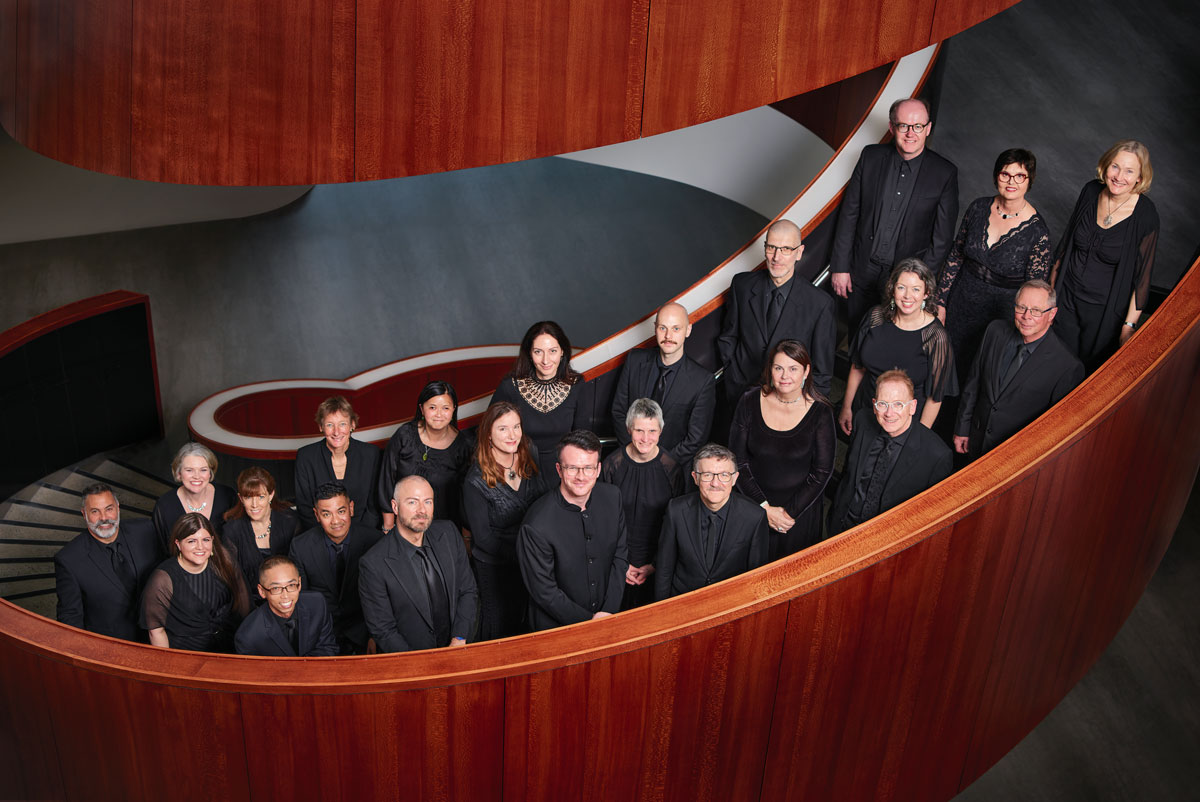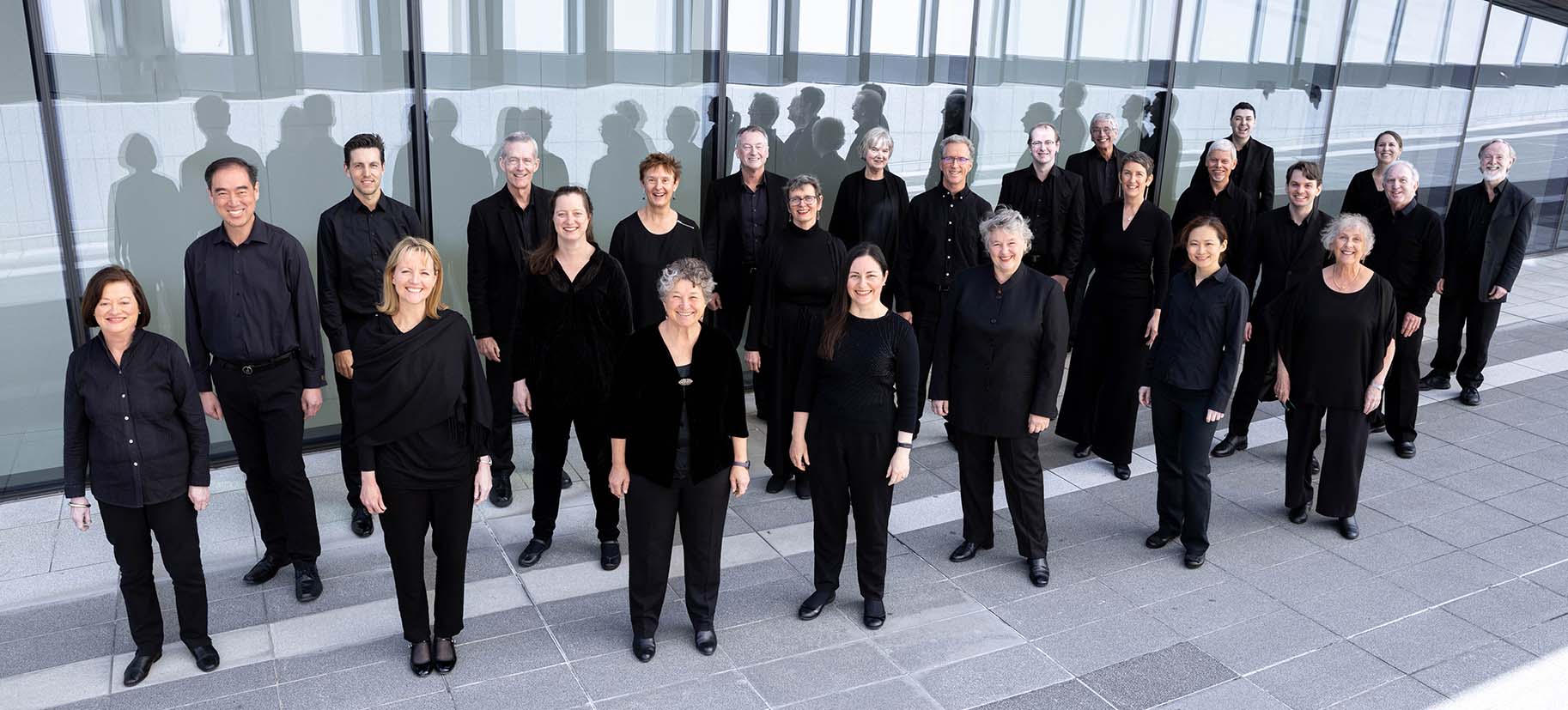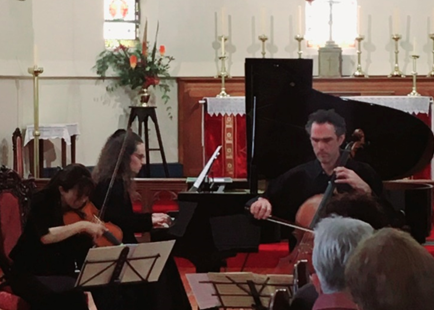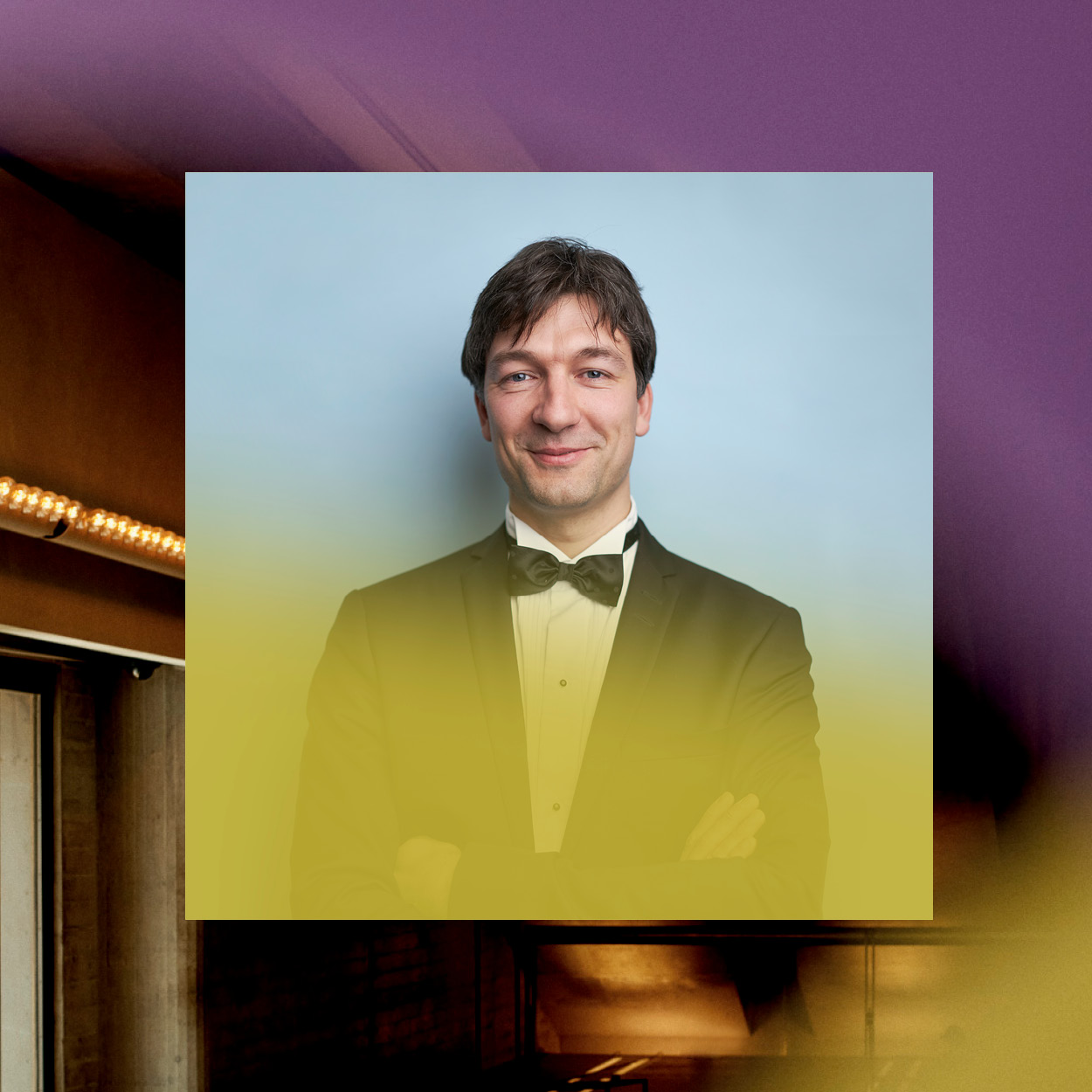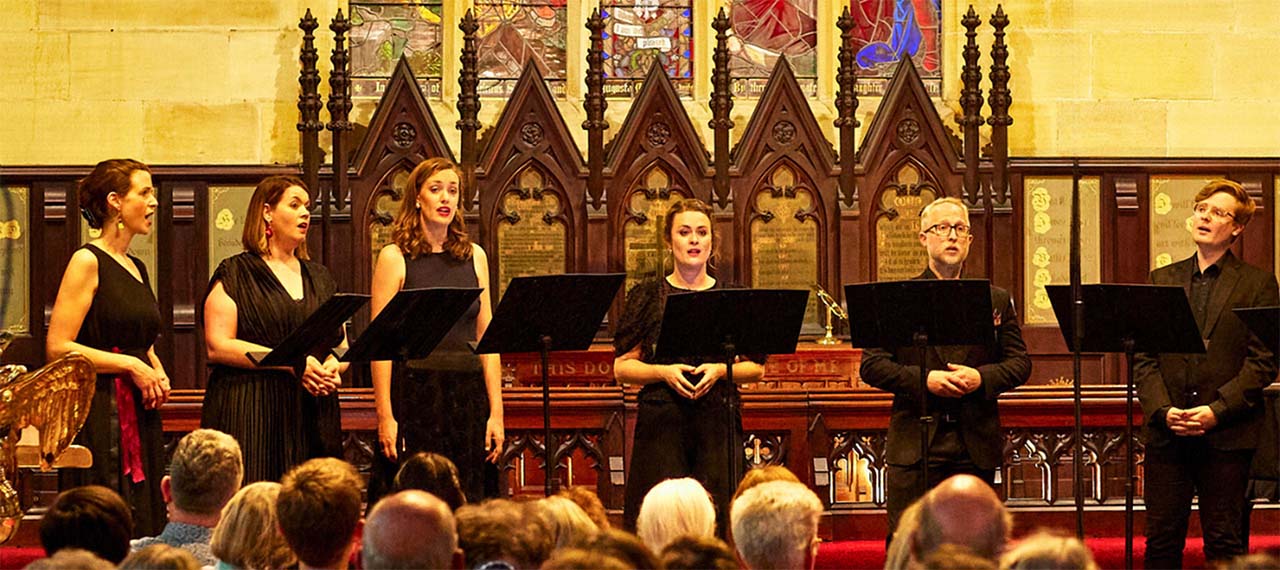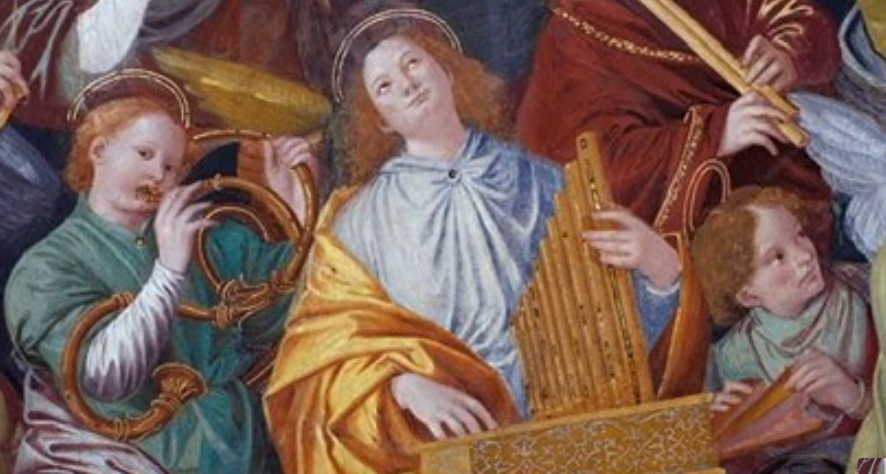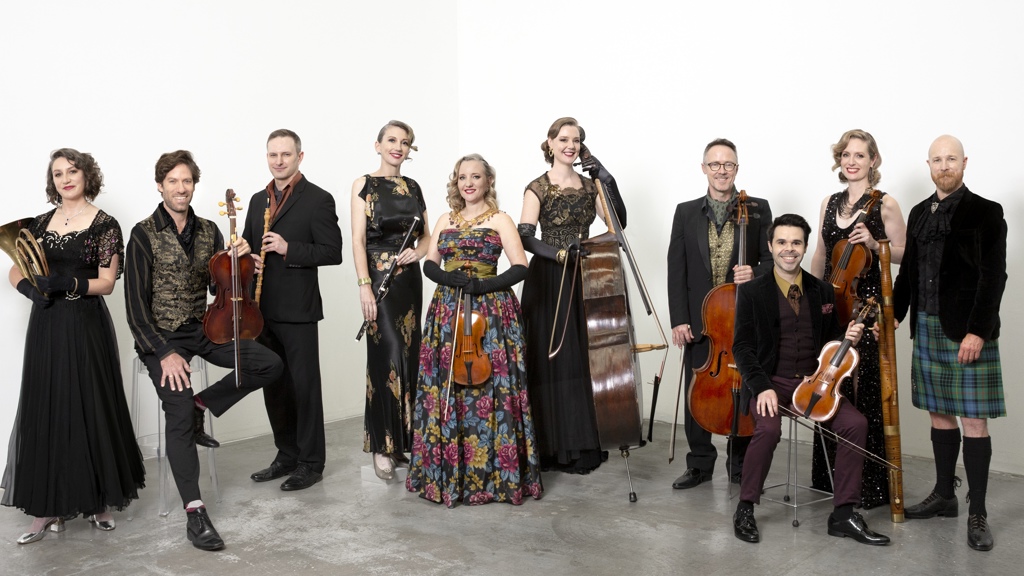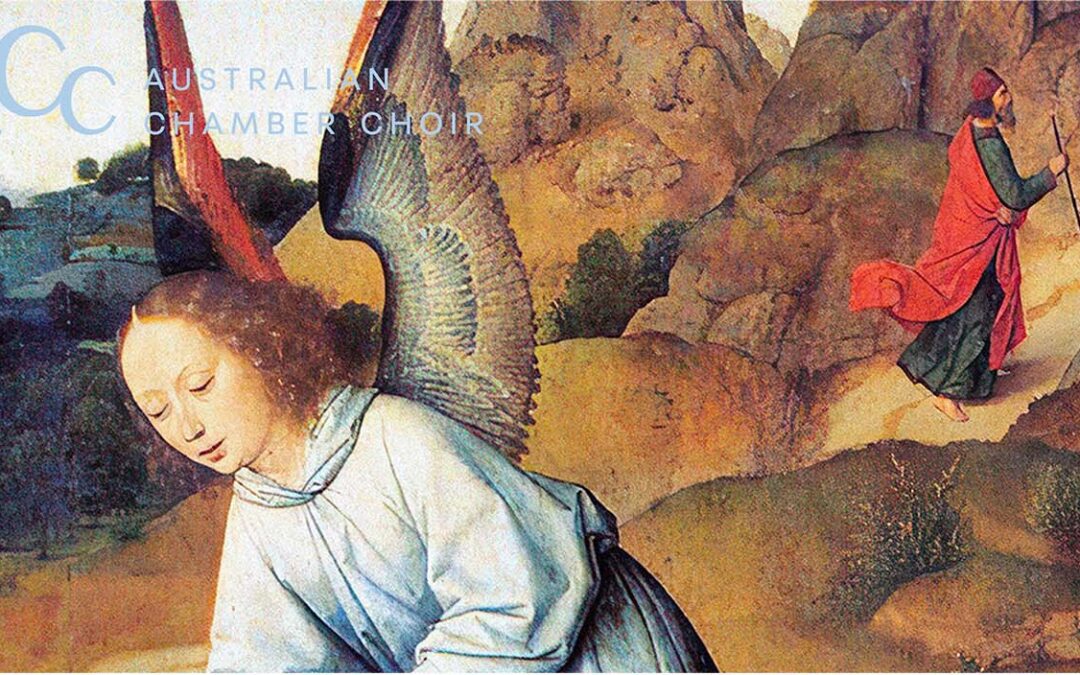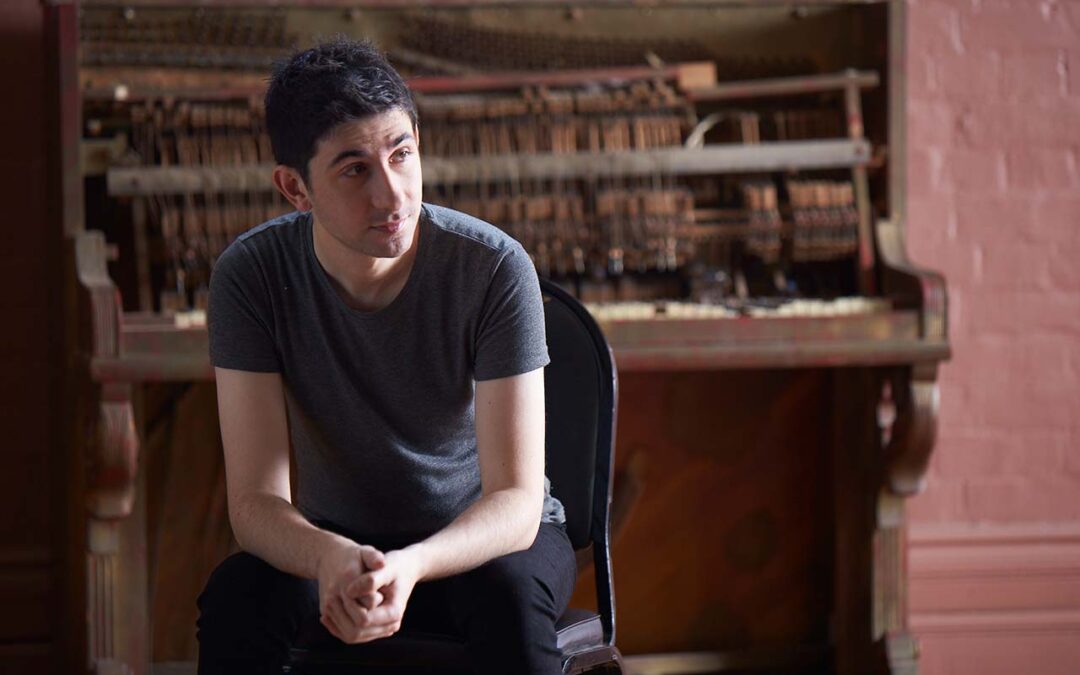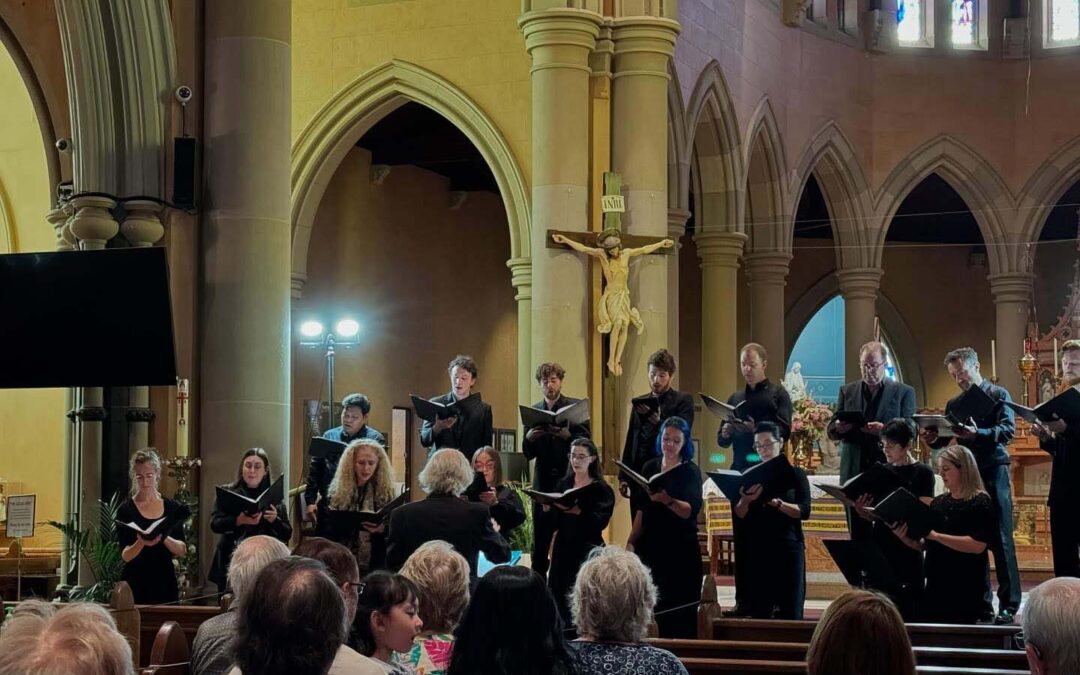Australia Ensemble | Carnival of the Animals
October 21, 2023, John Clancy Auditorium, UNSW
Program:
Maurice RAVEL | Mother Goose Suite (1908/10) arr. Munro (2001)
Ross EDWARDS | White Cockatoo Spirit Dance (1994)
Wolfgang MOZART | Piano Sonata K448 in D major for two pianos (1781)
Camille SAINT-SAËNS | Carnival of the Animals (1886)
Artists:
David Griffiths, clarinet; Dene Olding, violin; Dimity Hall, violin; Irina Morozova, viola; Julian Smiles, cello; and Ian Munro, piano with guest artists Virginia Gay, narrator; Joshua Batty, flute; Andrea Lam, piano; Andrew Meisel, double bass; Joshua Hill, percussion
This concert marks the end of a musical era. The Australia Ensemble based at the University of NSW has been a significant and stable institution on the Sydney music scene since it was founded by Professor Roger Covell and clarinetist Murray Khouri in 1980, and financially supported by the University. While the ensemble will continue, three of its long-term members are leaving their permanent post. Irina Morozova (viola), only remaining founding member, Dene Olding (violin), the leader of the group, and Ian Munro (piano) will change their status to emeritus/guest artists.
The core of the ensemble is a string quartet (the “Goldner”) plus piano, flute and clarinet. Several things are significant about this ensemble. I have been attending their concerts since the 1980s and am still astounded at the extraordinary professionalism and freshness of their subscription concerts over that time. Also, the stability of its membership has enabled a rapport and trust to be built up which raised the ensemble to special musical heights. Then there is the extraordinary loyalty of its audience, many of whom have attended from the inception.
On to the music at hand. The Ravel Mother Goose Suite was arranged by Munro from the original two piano version to include flute and clarinet. This considerably expanded the tonal possibilities for birds and the like, a contrabass clarinet which can growl like a beast and a piccolo for the pentatonic Chinese flourishes. Munro’s intuitions for the arrangements were well justified as the musical result was satisfying indeed.
While on arrangements, Munro has been frequently responsible for inspiring reworking of pieces for the ensemble, and this aspect of his musical contribution will also be greatly missed.
Ross Edwards composed the White Cockatoo Spirit Dance in 1994 and rearranged it for String Quartet in 2000. It is in his typical “maninya” style, not unlike minimalist works with its slow harmonic progress, but lively melodic material overlapping between the instruments. It also features a languid viola solo in the B section, allowing Morozova to showcase again the warmth of her playing.
While there is nothing animal about Mozart’s Piano Sonata K448 in D for two pianos, Olding said it reminded him of his youth, as his parents (Pamela Page and Max Olding, both pianists of considerable standing) would often return to this repertoire. Munro and Andrea Lam had a lot of fun with this piece, but within their playfulness the musical precision was impeccable, including in ritenutos, rubatos and in the frenetic final coda. It was as if there was a single player with four hands giving us a rich deep piano texture.
Saint-Saëns’ Carnival of the Animals was presented here in its original scoring, which is not the most usually performed arrangement. These little pieces, with many satirical references to other works, including that of other composers, were beautifully played. They were however somewhat upstaged by the hilarious contemporary verse written by Jonathan Biggins and delivered in cheeky fashion by the narrator Virginia Gay. Toxically masculine lions, free range hens, google searches for ass finding the Kardashians, roo shooting, fish floating to the top of the tank and the ugly screeching of cockatoos all put a quite different and Australian slant on the music. There were not a lot of kids in the audience, but those that were there (and the adults too) were clearly amused. And the music rose to the occasion.
As promised, speeches were made after the concert and there was some delay after the applause of the final piece finished. One might have expected some to leave at that point, but it is a tribute to the high esteem in which Olding, Morozova and Munro are held, that not a person left their seat. All three made speeches of thanks and a slide projection showed highlights from their long history together. At the conclusion the audience gave them a well deserved standing ovation, which this audience does not do lightly.

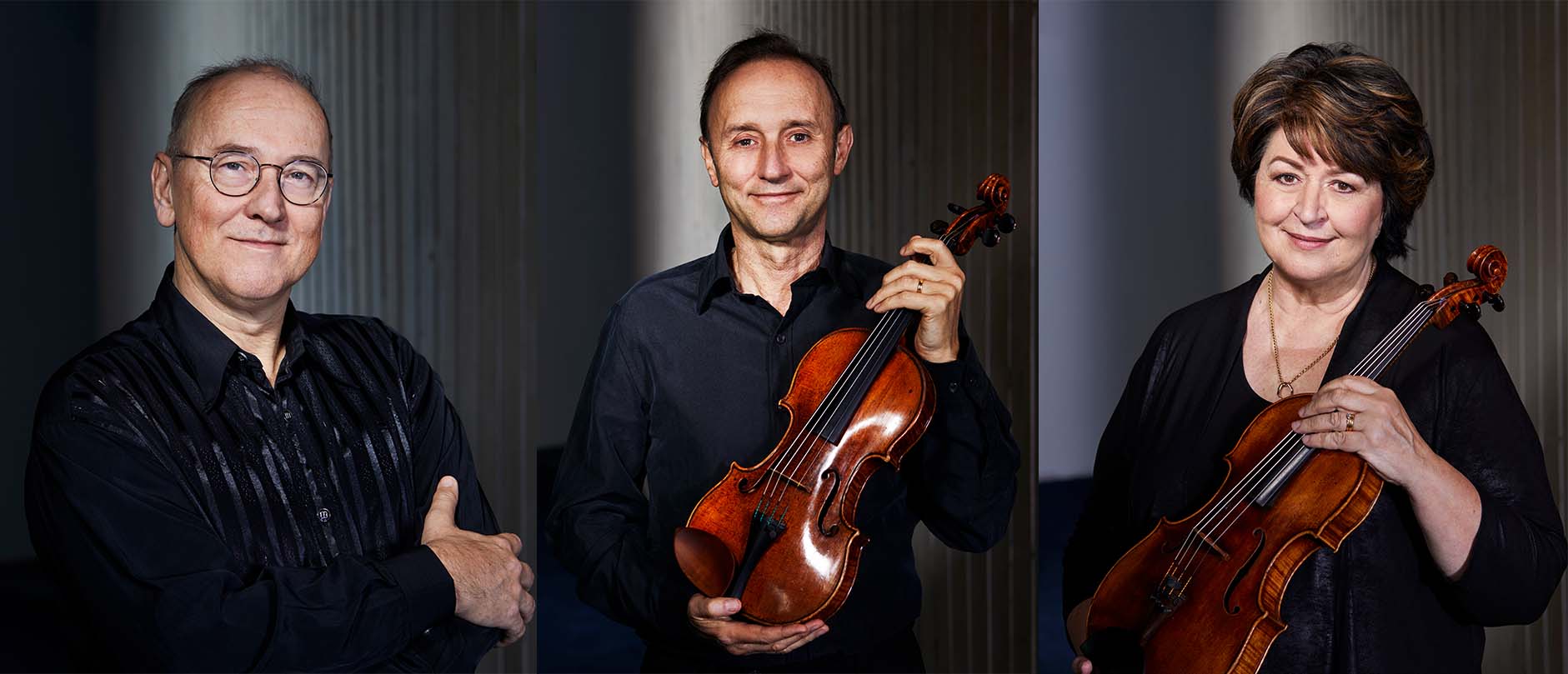
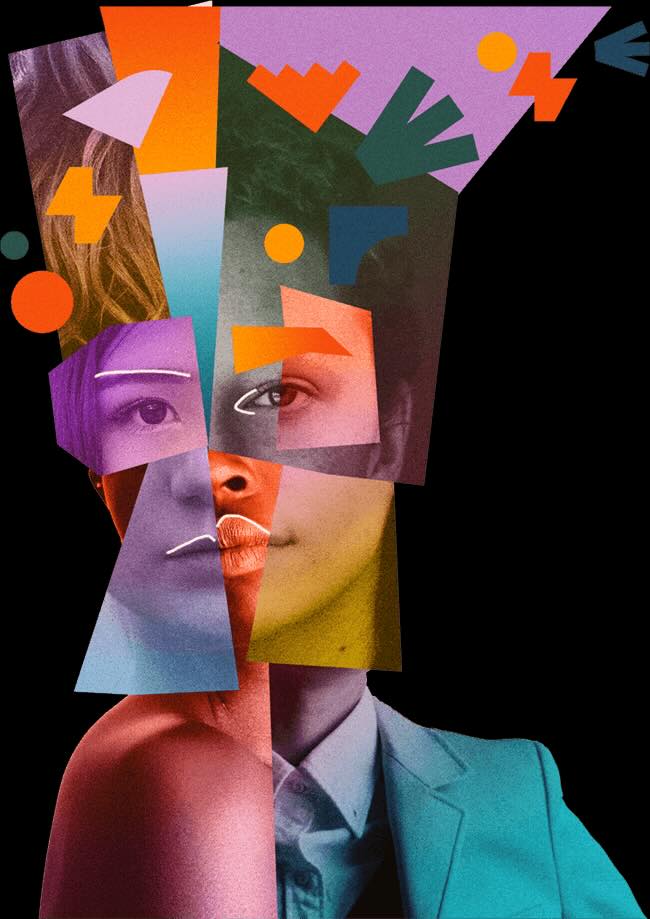


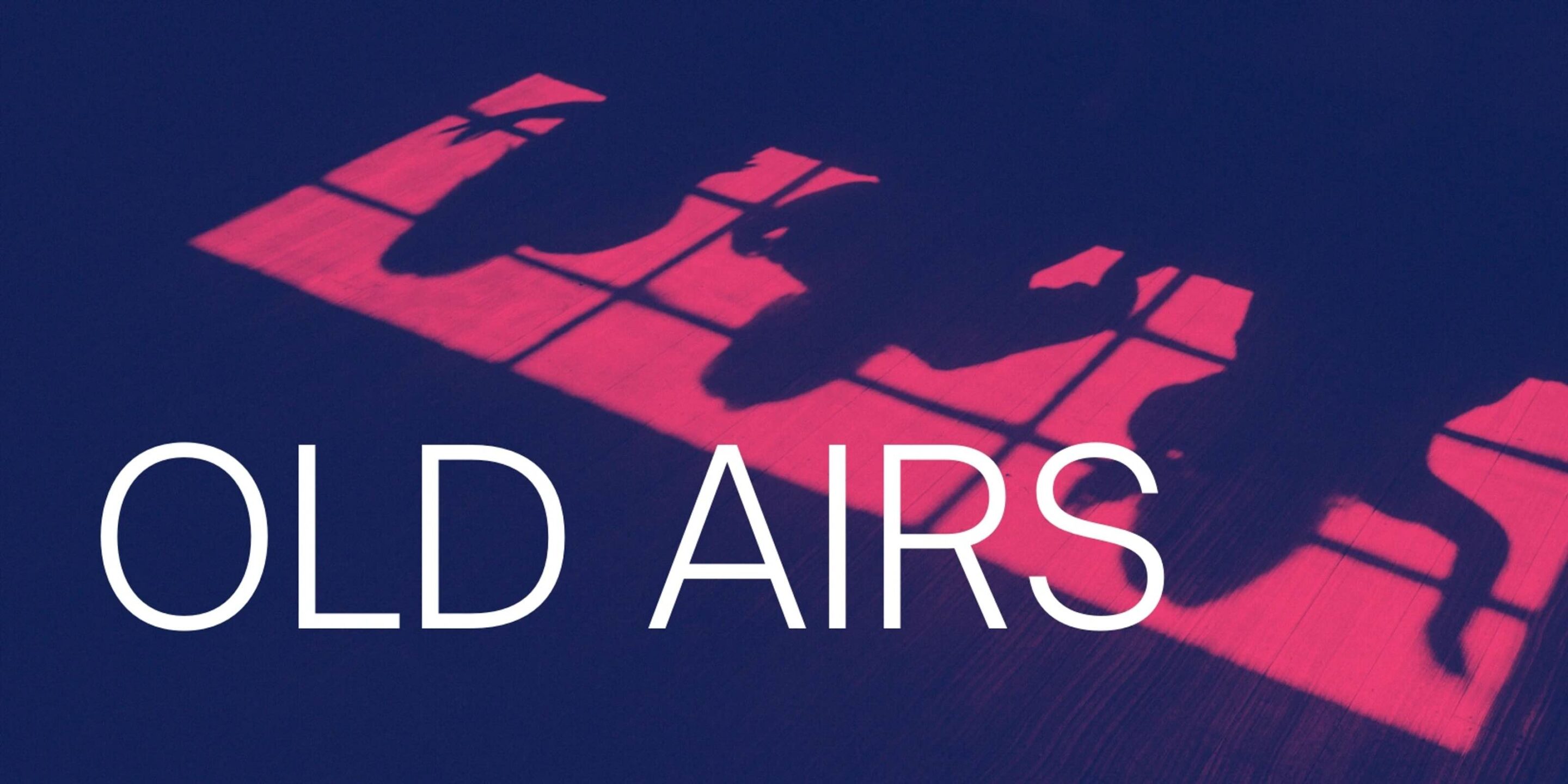
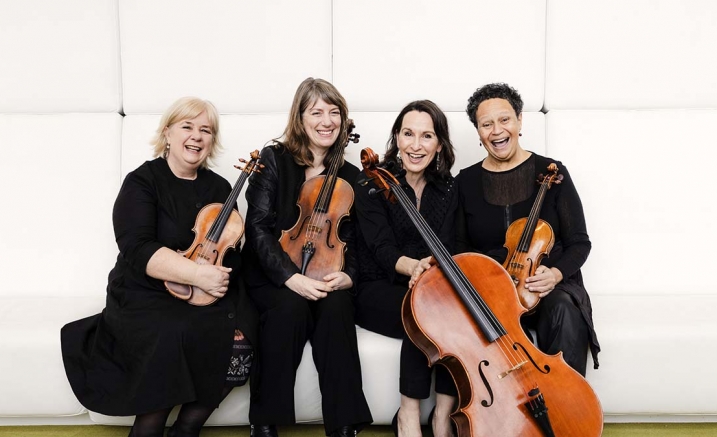


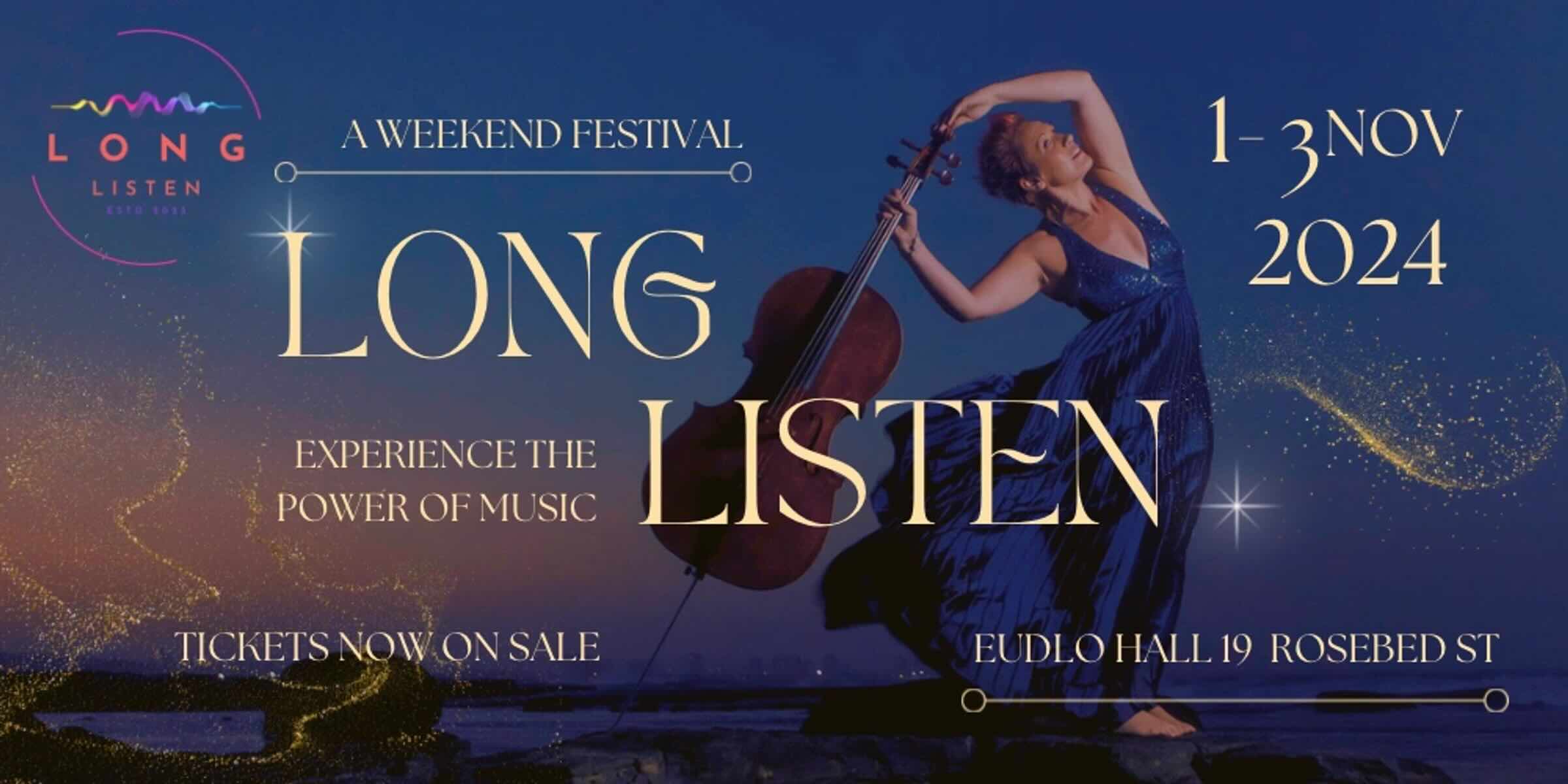
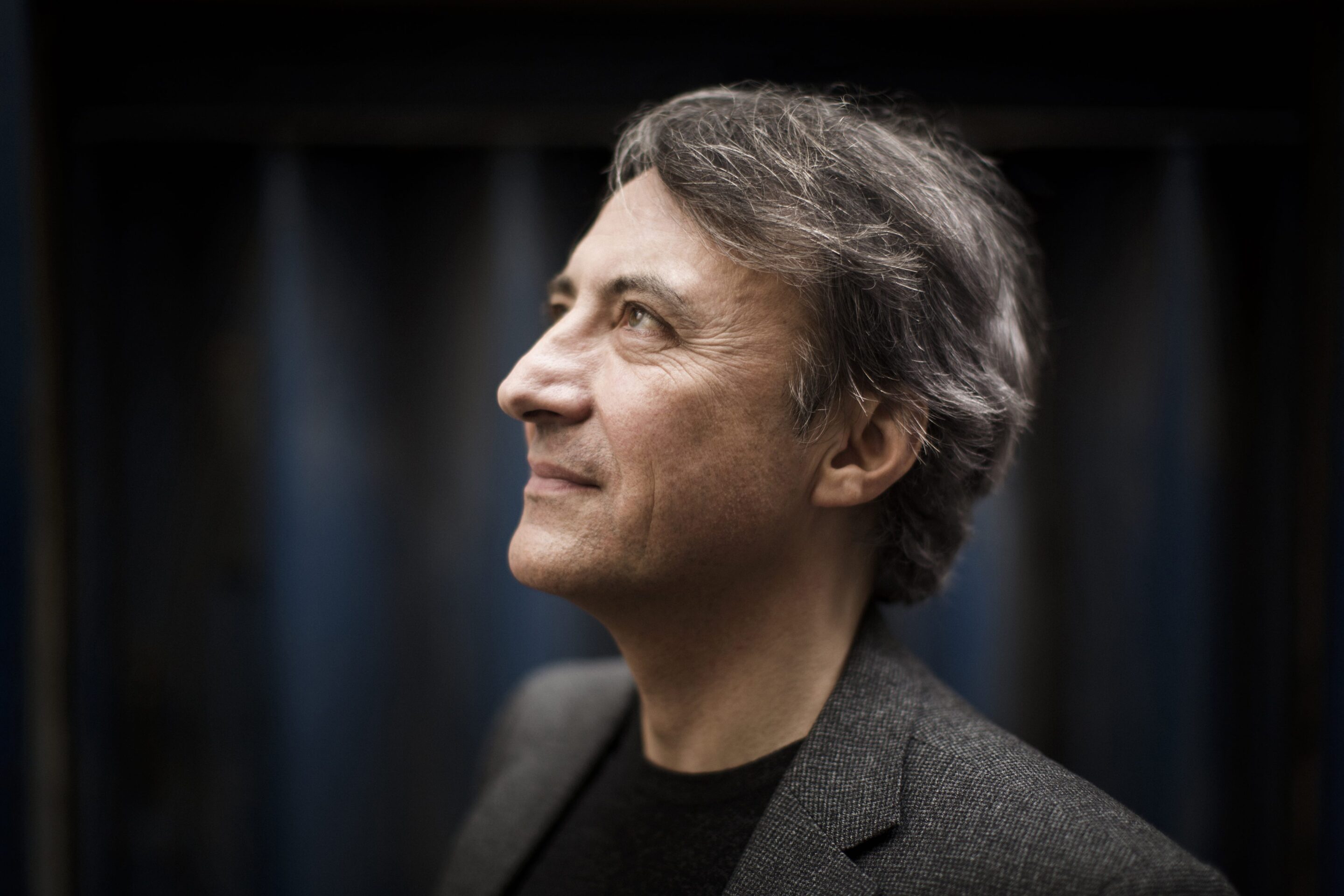

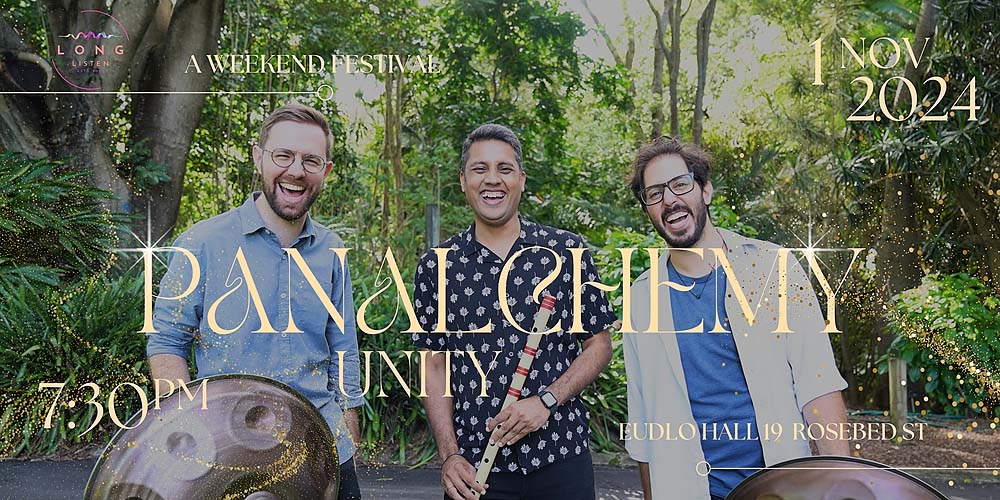

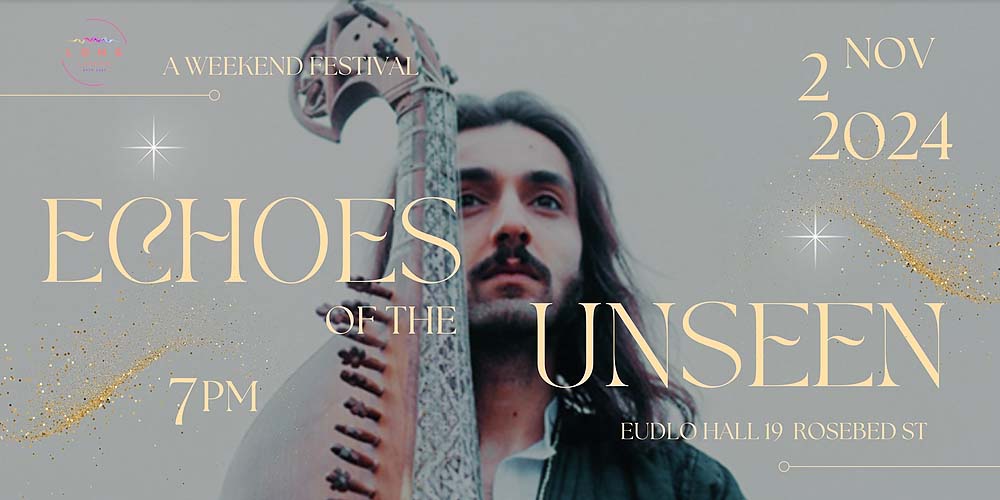
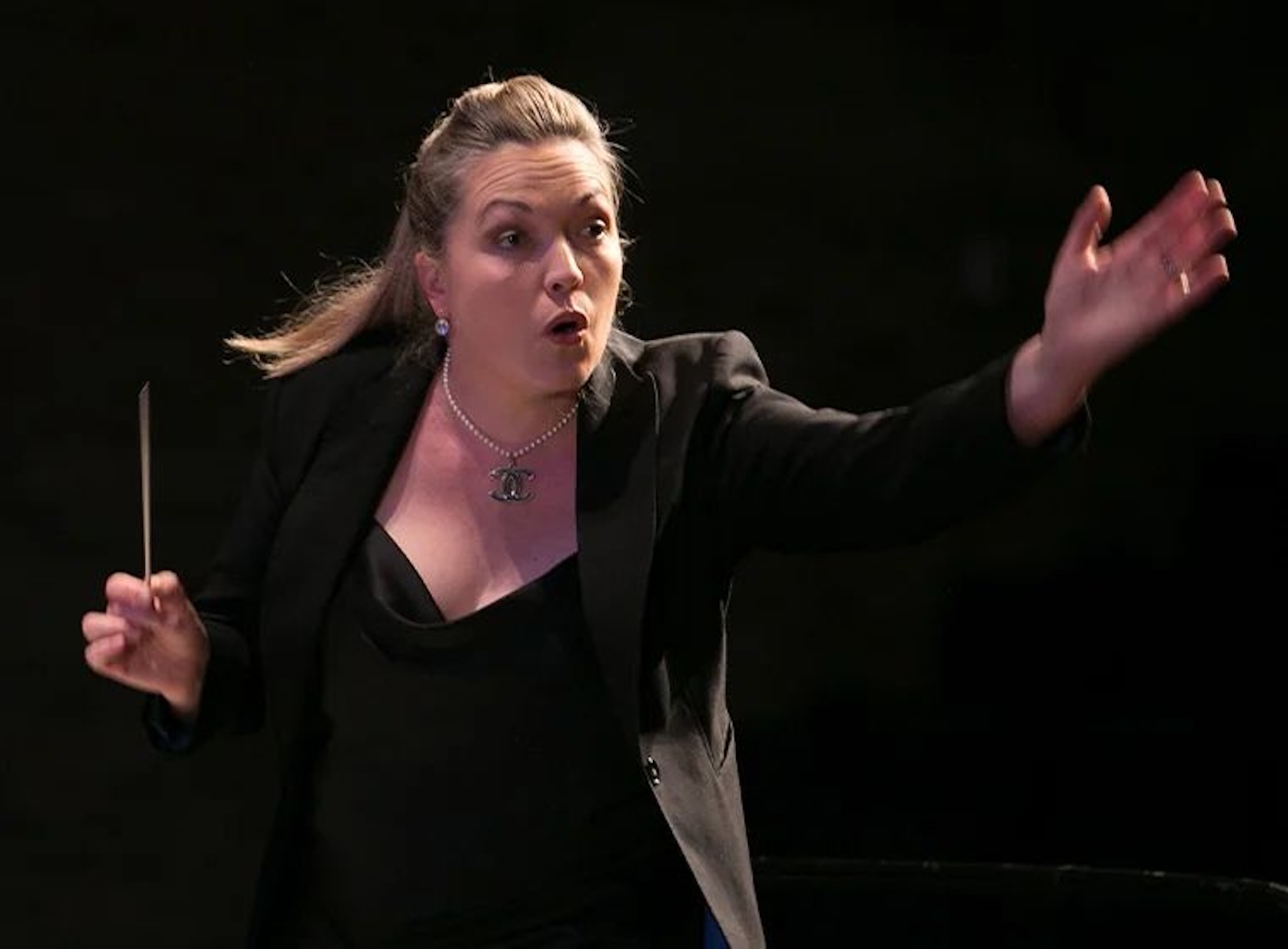
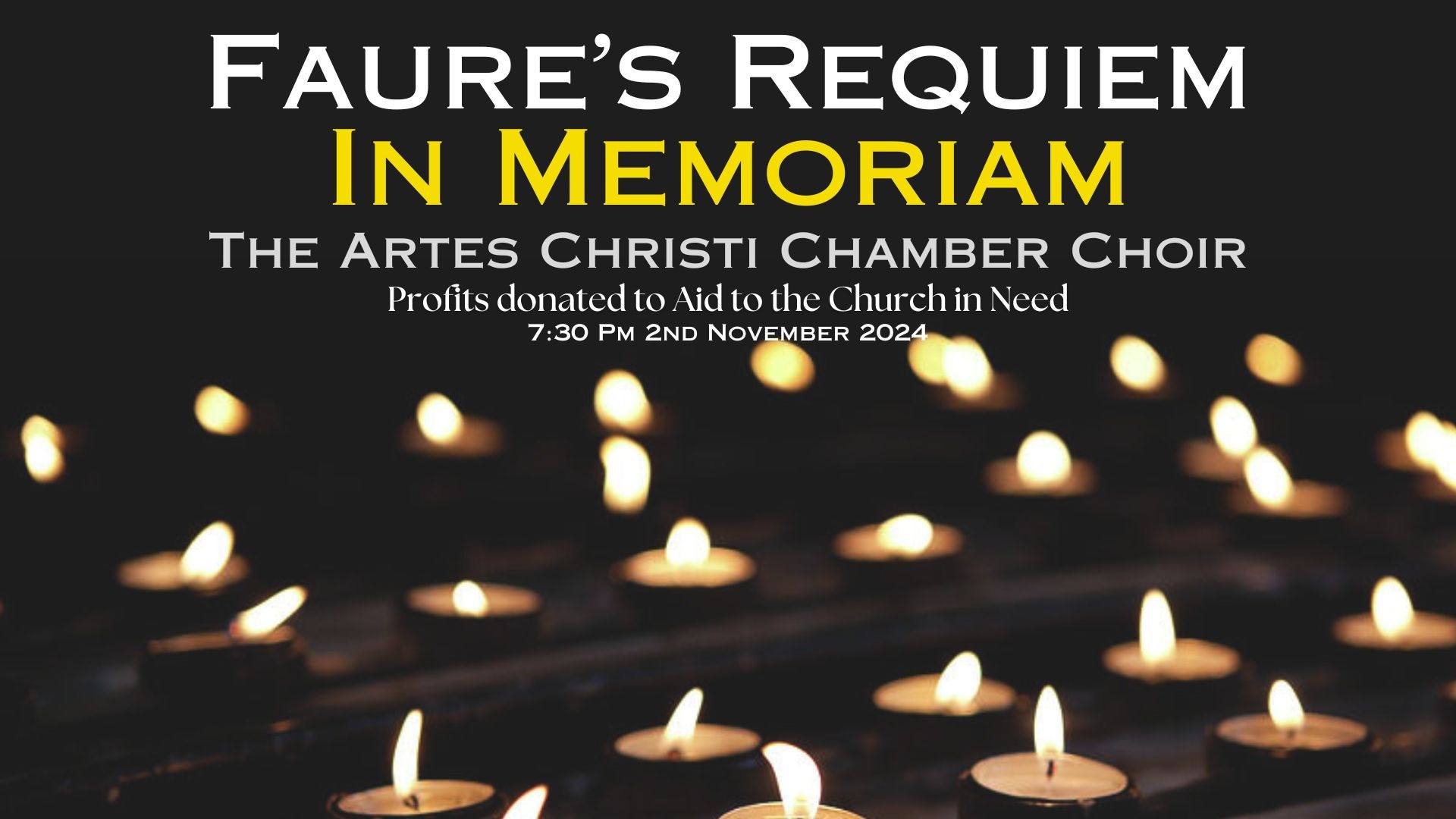
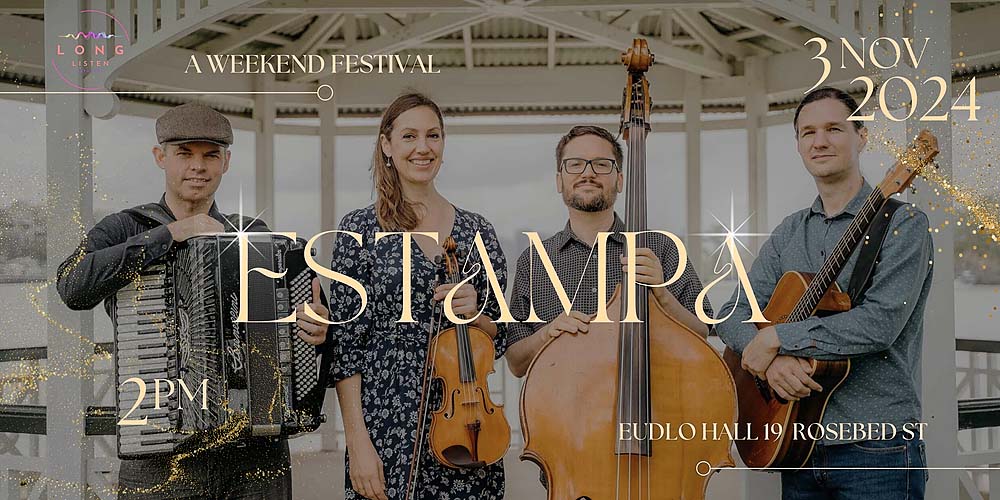

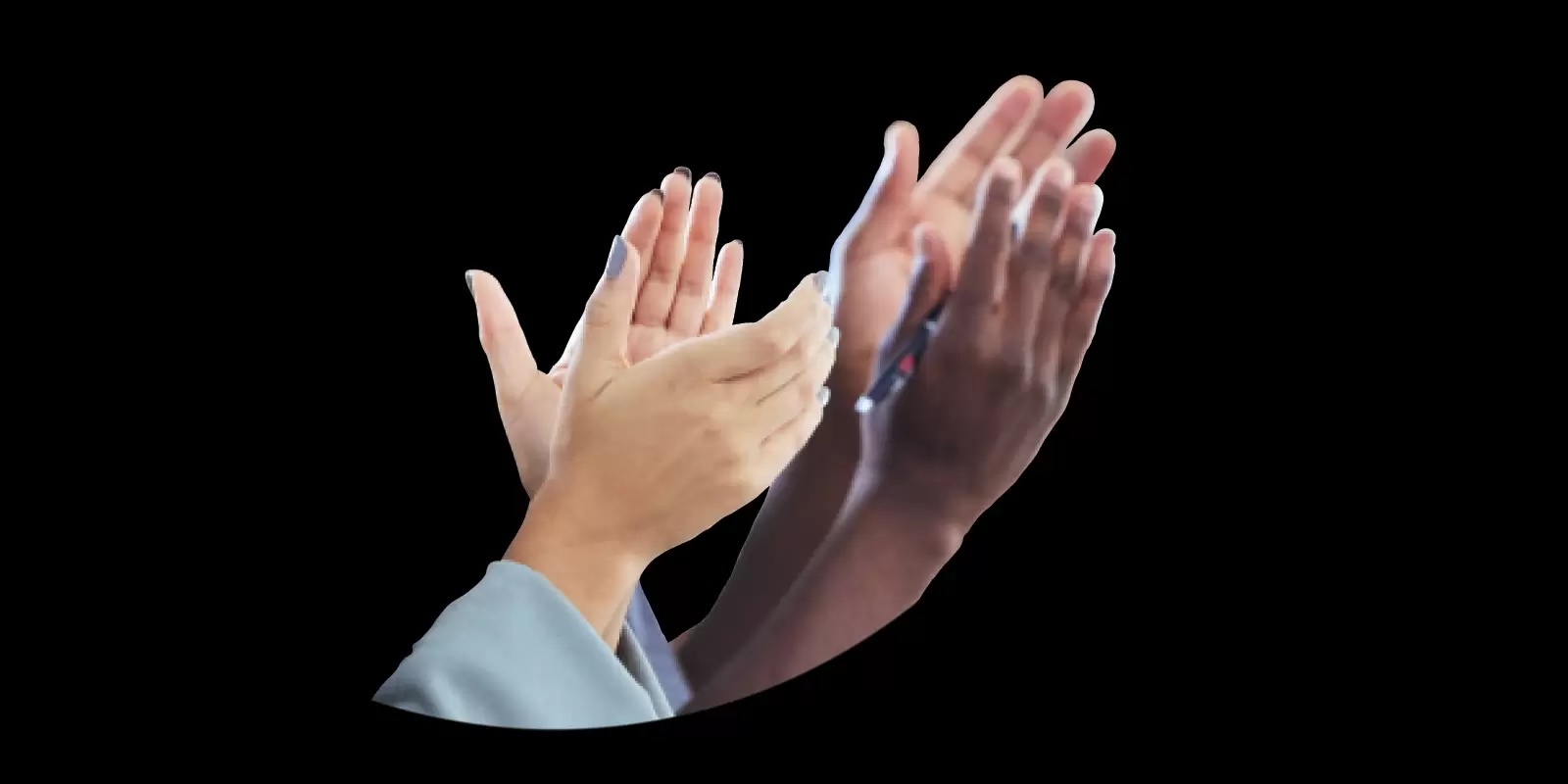



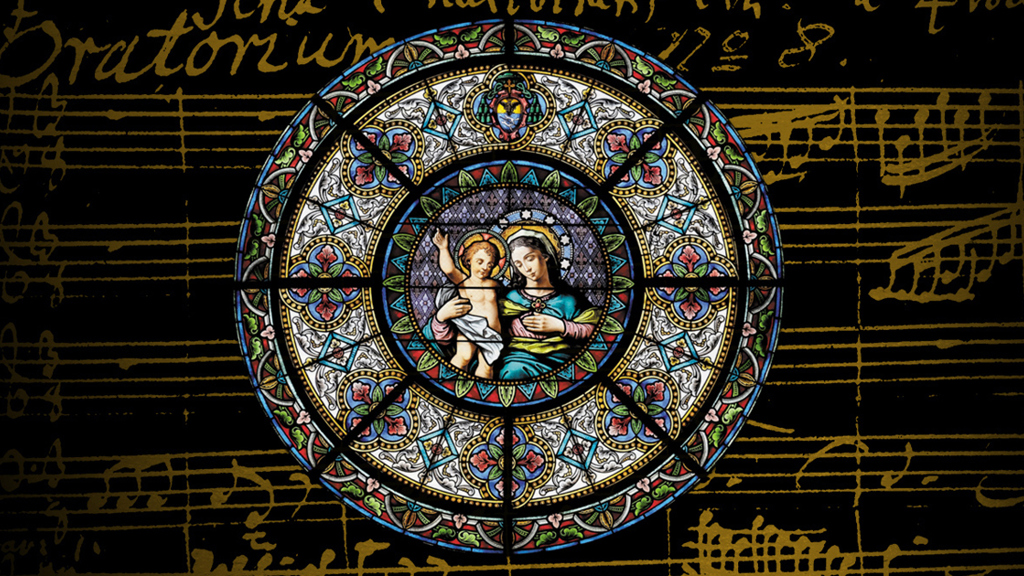
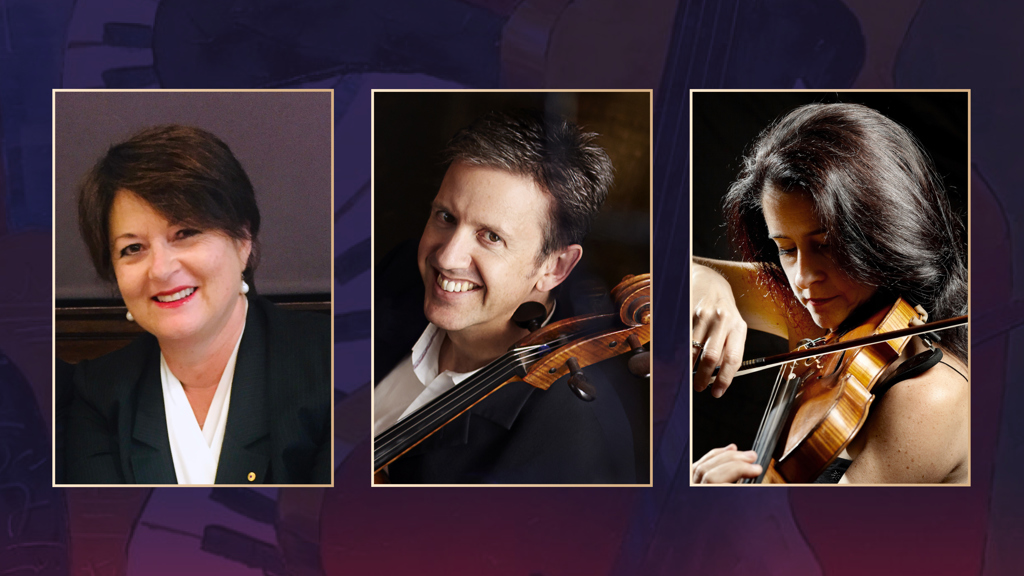

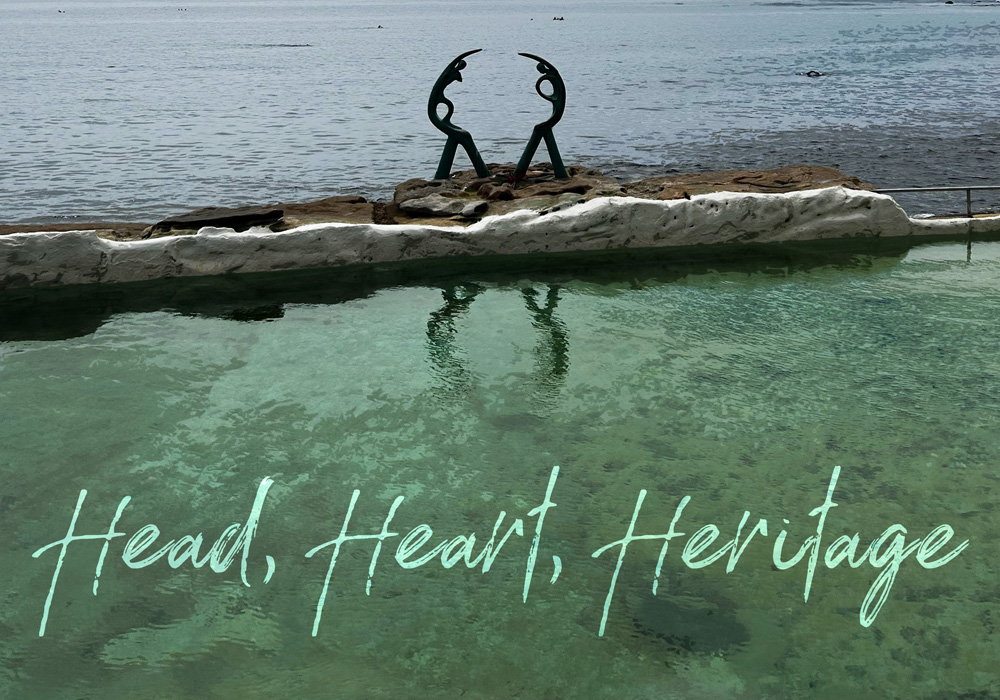
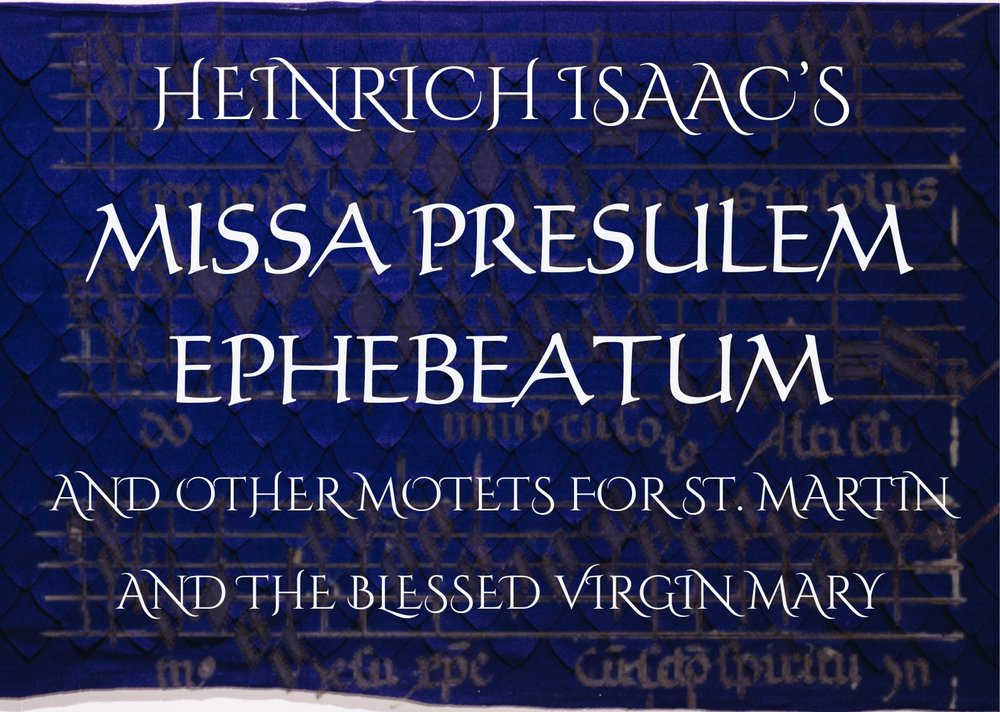

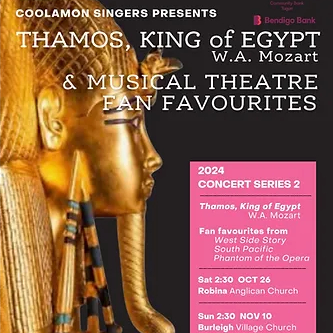
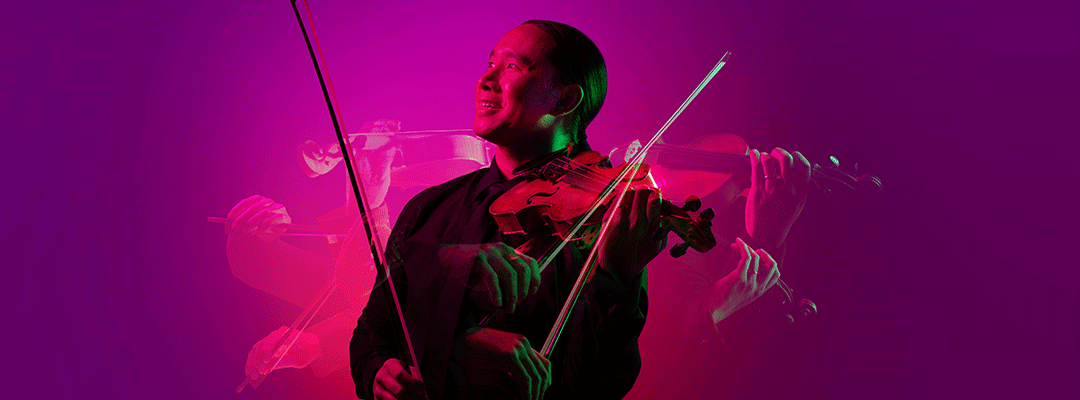
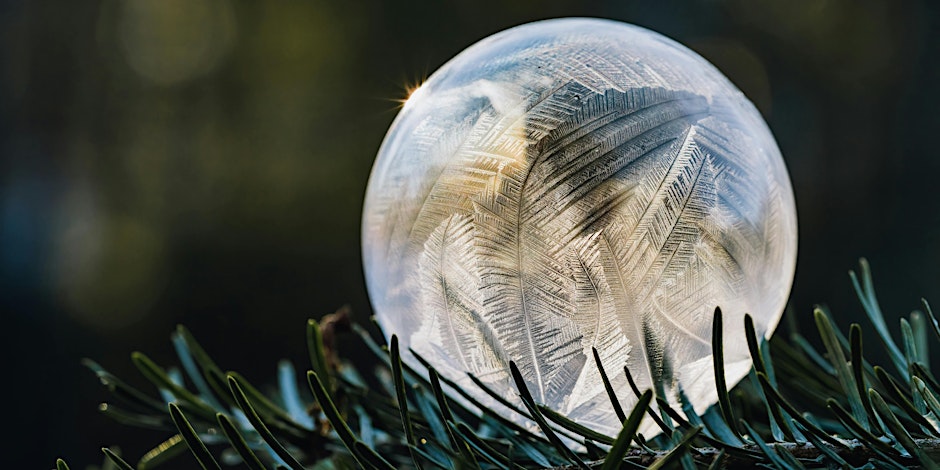

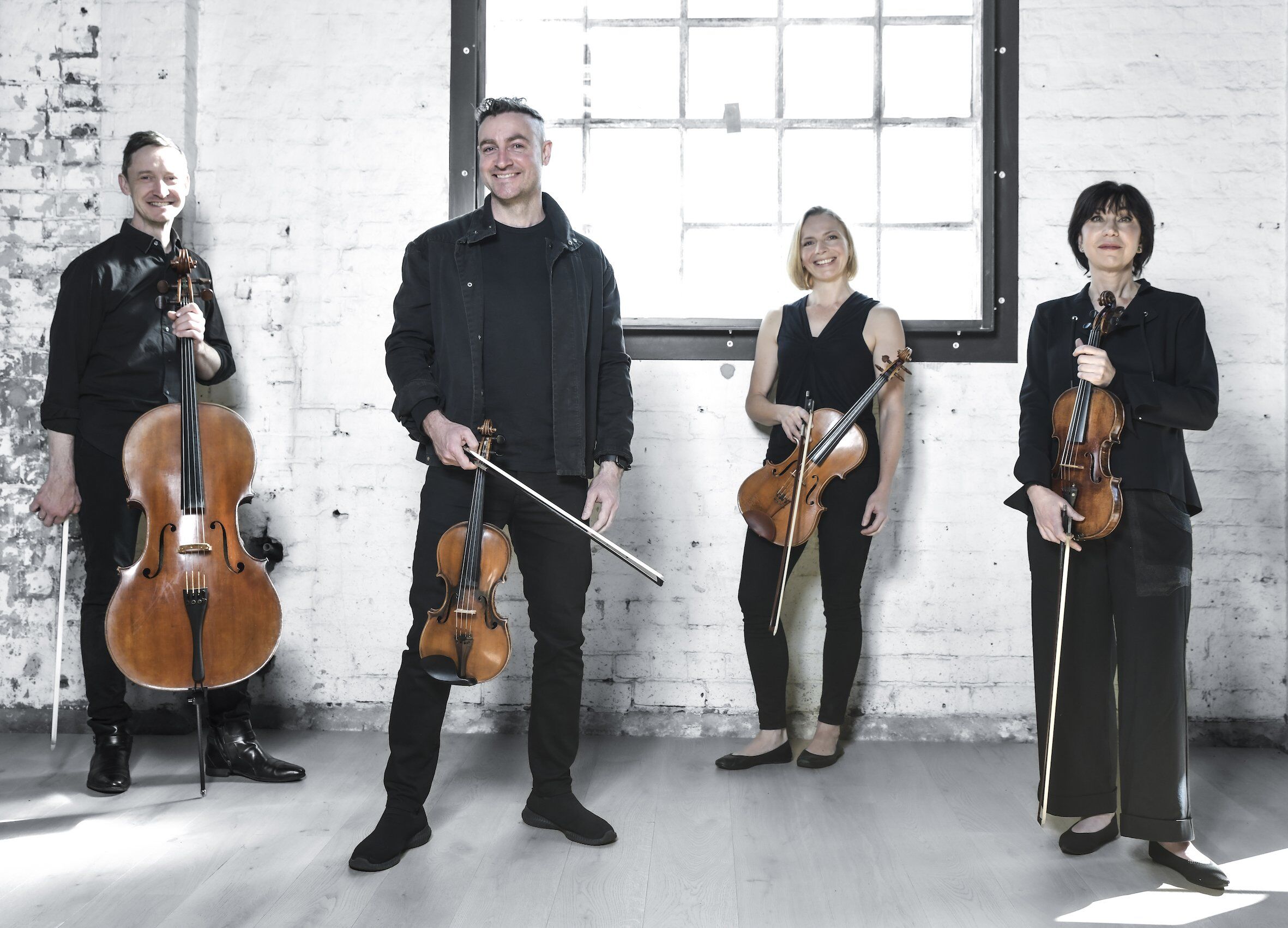

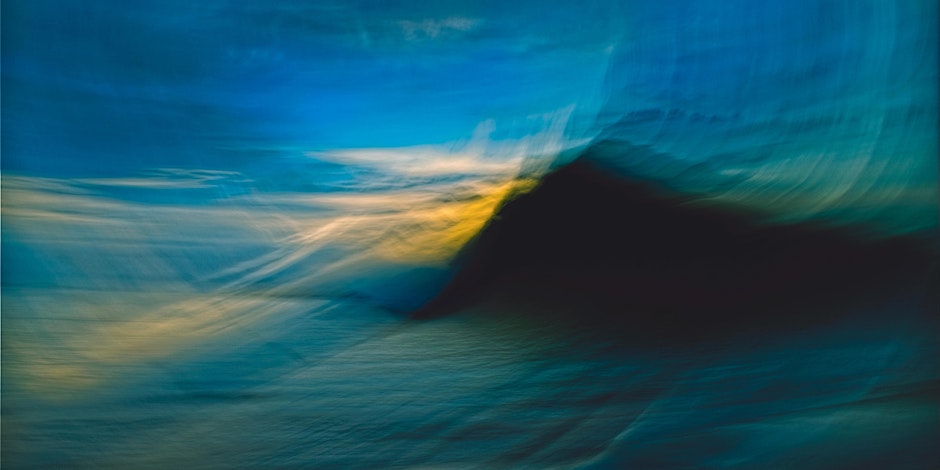

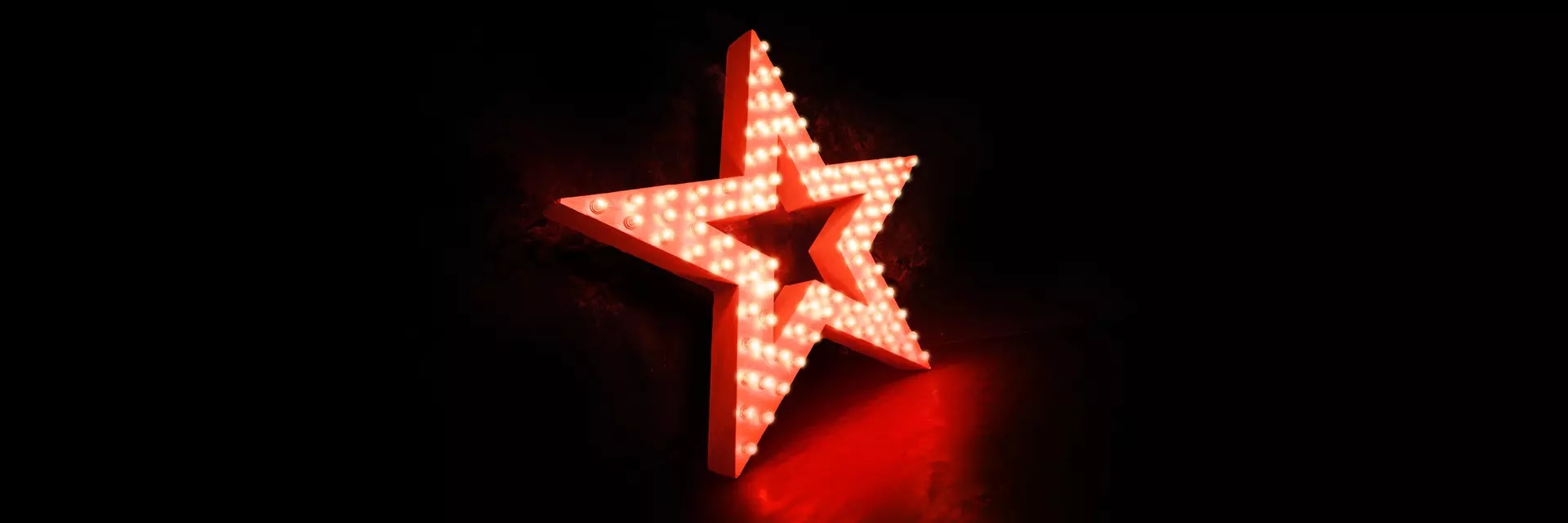

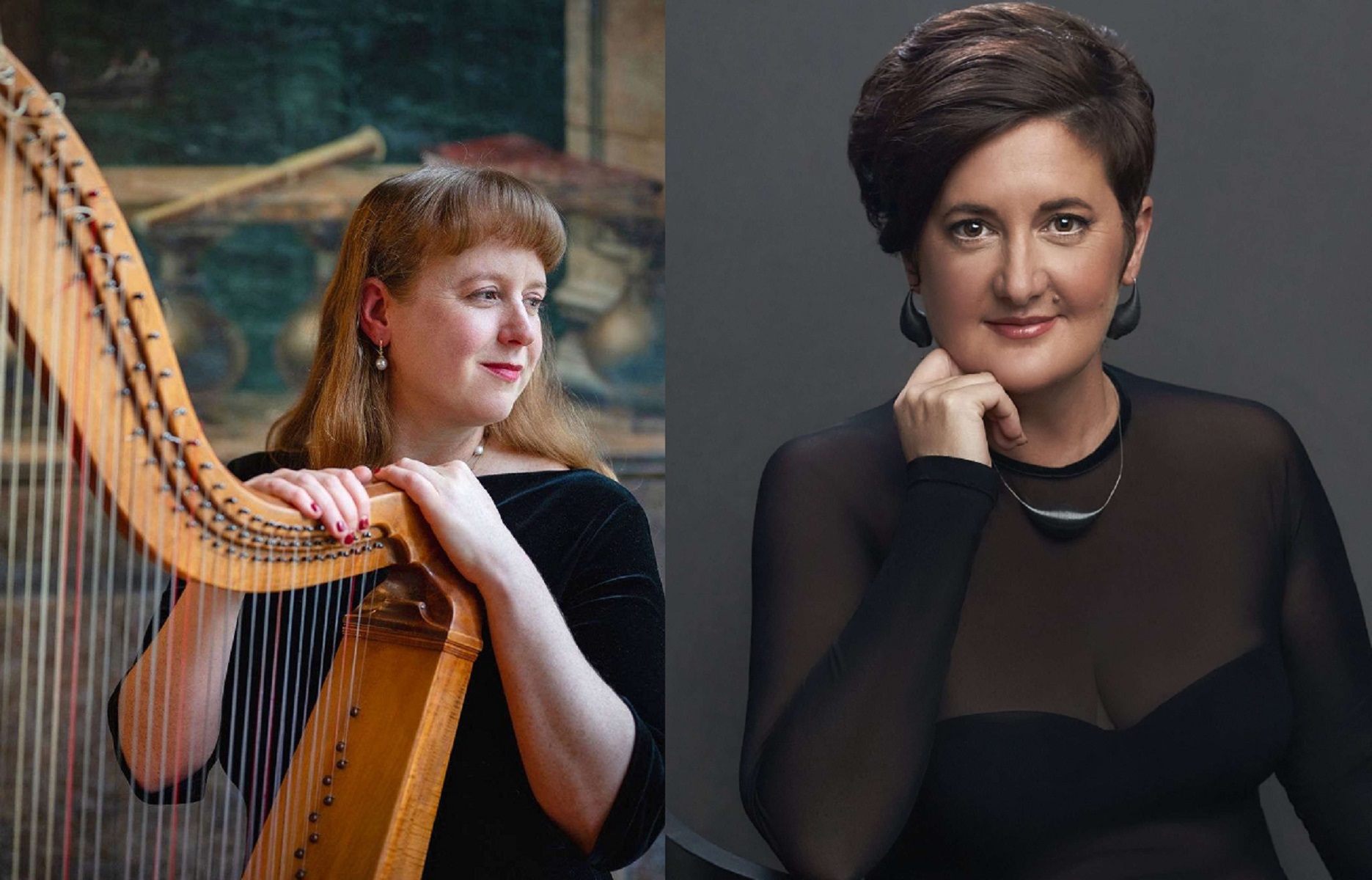
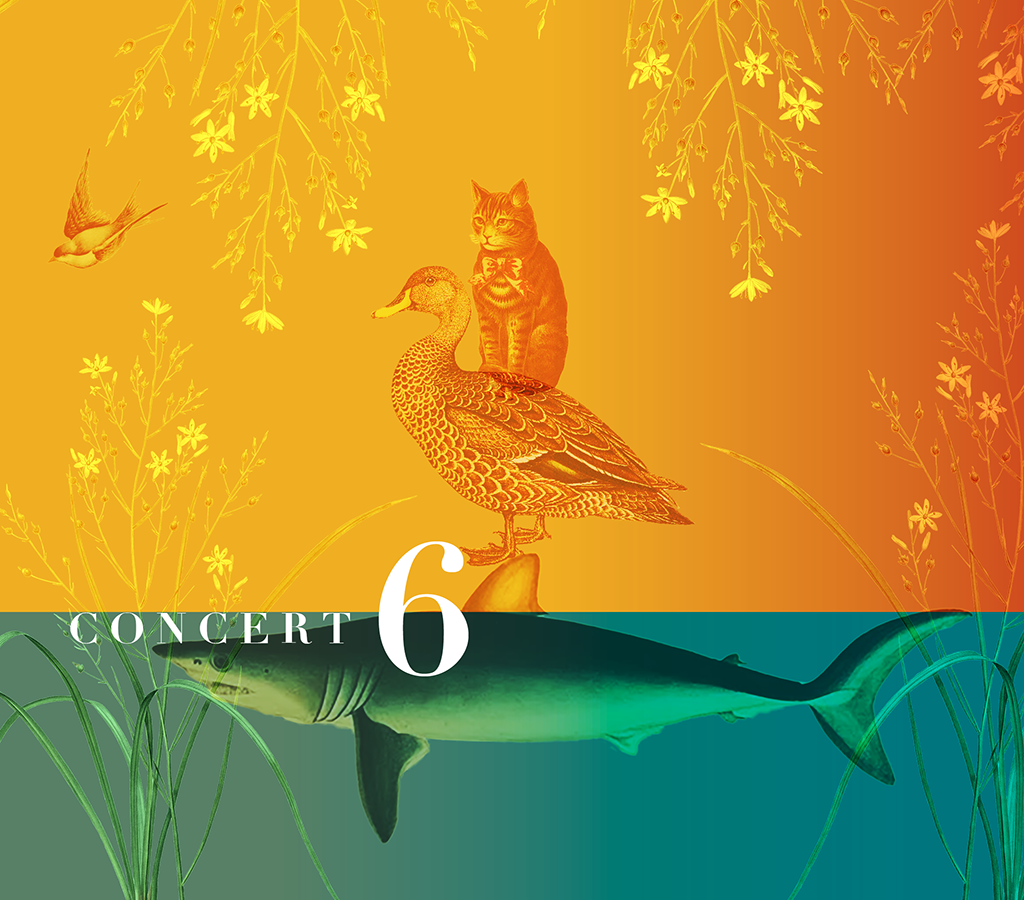

![user222 mrc mostlymozart [splendour of vienna] user222 mrc mostlymozart [splendour of vienna]](https://cdn-classikon.b-cdn.net/wp-content/uploads/2024/02/user222-mrc_mostlymozart_splendour_of_vienna.png)

